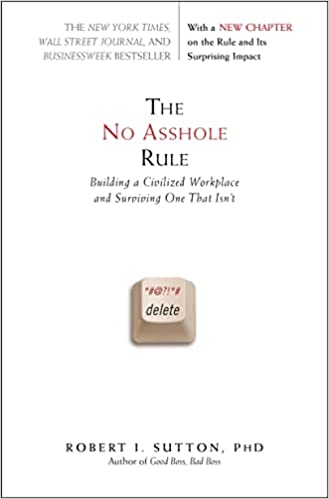What will your Actor’s Gang Leadership look like to create a Safe Place?
January 25, 2020. I stumbled on a CNN interview today between Christiane Amanpour and the Actor, Director, Tim Robbins of Shawshank Redemption fame.
The interview focussed on the Actor’s Gang that was established in 1981 in Los Angeles by a group of actors, including Tim Robbins, to perform experimental theatre and how Tim Robbins and British Actress Sabra Williams have taken the Actor’s Gang workshop into the Californian prison system.
The prisoners put on clothes and make-up of characters from a type of theatre called commedia dellárte. An article written by Kate Bissell of BBC News Los Angeles, has a full description of the work this duo deliver inside the prison system.
The article quotes Robbins “We demand the truth from them by asking them to play a character to express extreme emotion, we encourage them to use their imagination”. They also ask for the worst prisoners. They are not interested in the well-behaved prisoners.
In the CNN interview, what struck me, and inspired me to write this post, was what Tim Robbins said about the impact on the prisoners and the impact this has had on their recidivism and the behaviour of the other inmates in the yard.
He said the overwhelming emotion in prison is anger and by insisting the attendees are from differing and rival gangs, from different ethnic backgrounds, this brings the differences together in a common activity. The article quotes an 89% reduction in fights inside the prison.
But for me, the most relevant thing to business was Tim Robbins comments that the workshop created a ‘safe place’ for them to express themselves and be vulnerable. Can you imagine the courage it takes for a prisoner to show vulnerability to a rival gang member? Tim Robbins also mentioned that it gives him perspective and the ability to make a difference in the prisoners’ lives rather than being self-obsessed as some in the Hollywood scene are. I’m paraphrasing here.
In the corporate world, the organisations that create their own Actor’s Gang where the employee can express themselves without fear of, at best being marginalised or ignored, or at worst ridiculed and persecuted, will gain a long term advantage and build trust.
What can we learn from this as Managers and part of the Leadership?
If two actors can go into a prison and work with the worst prisoners from rival gangs and mixed races and create a ‘safe place’ and earn the trust of these hardened criminals, then surely we, as leaders should a walk in the park to create a safe place for our employees who, in the main, are crying out to be heard.
The challenge is dealing with Narcissists who are either in charge, or in the Team, and offer a self-absorbed opinion of themselves and are hell-bent on being heard and disrupting the team spirit.
In a May 2017 Harvard Business Review article, “How to Manage a Narcissist”, Manfred F.R. Kets de Vries offers the following techniques when dealing with Narcissists.
Create a strong sense of team cohesion.
Use this strong team to promote peer feedback.
Create a safe, somewhat playful space.
Don’t confront the narcissist directly. Instead, support the team.
There are details for each point in the link to the article
Not so easy if your Manager is a Narcissist, so the last point here is the key.
But let’s take a positive approach and assume we can influence the dynamics of the team; make a radical shift in the spirit of your team, and create a ‘safe and playful place’ for your employees to express themselves. Playful could be the Silicon Valley version of ping pong tables and barefoot meeting on the grass, or in a more traditional setting it could be a simple thing like surprising a staff member on a significant birthday eg a 21st, or one ending in 0 or 5, an anniversary or the birth of a child.
I’m sure you could come up with far more playful ideas, but my point is for you to be the opposite of a narcissist and be genuinely interested in your team and their welfare at work. Interest leads to stronger relationships, which leads to caring for and valuing them, and eventually to trust and loyalty.
What will your Actor’s Gang look like ?

Leave a comment here or share with others in the group how you have created a safe place, or ideas on ‘being playful’.
If you’re interested in other resources here’s an interesting read. The No Asshole Rule: Building a Civilized workplace and surviving one that isn’t.
The Infinite Game by Simon Sinek is his latest book on the promotion of his cause “Imagine a world in which the vast majority of us wake up inspired, feel safe at work and return home fulfilled at the end of the day”.
Both are available from Amazon.
If you decide to purchase either book by clicking on the link above, I will receive an affiliate commission.




